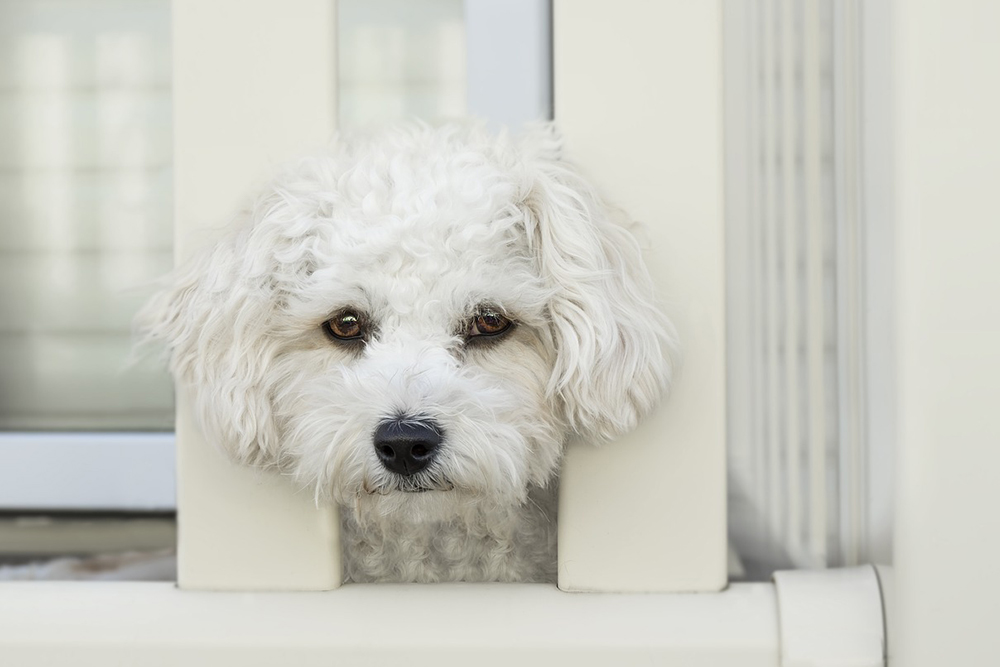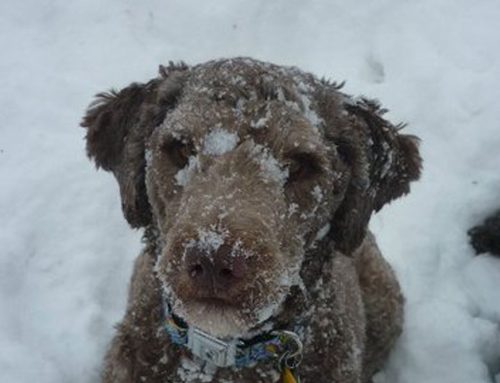Have you ever had a surgical procedure? The doctor sends a packet of information on how to prepare. Well, we do surgery every week day, and frankly, preparing your pet at home for the procedure is relatively simple. So, here are some thoughts on the process.
The scheduling. At Twin Maples, we have scheduled surgery time every week day- each doctor has a block of time that is reserved for surgeries. (As an aside, we can loosely define surgery as any procedure that requires sedation or anesthesia, including dentistry, sedated radiographs, and even some grooms). One of our fabulous receptionists will find a time that works with everyone’s schedule, and reserve time for your pet.
The fasting. Ugh. I hate fasting- and I understand why I’m denying myself breakfast. It’s important to have an empty stomach before anesthesia, however, so we do require it for all cats and dogs. Pocket pets such as rabbits are not to be fasted; this has to do with their metabolic needs. But cats and dogs should have no food after 9 pm the evening before surgery. Water all night and into the morning is fine, because water absorbs quickly from the GI tract.
The drugs. No, not that kind. If your pet is on medication- most meds can be given according to your usual schedule, with a very small amount of food to hide it if needed. The exceptions to this may include NSAID pain medications like vetprofen. NSAIDs can act as blood thinners, making blood slower to clot and potentially leading to more blood loss during the procedure. If you have any concerns about medications, just ask.
The arrival. We ask that you arrive between 8-8:30 am. The doctor who will be in surgery will do an exam, go over the procedure, and discuss the costs involved. There are papers to read over and sign (aren’t there always?).
And that’s it. Not too bad. There may be some variations on the above for specific procedures or individuals. We consider each pet’s individual needs, and tailor accordingly.
If you have found your way to our blog, but are not a Twin Maples patient, I encourage you to ask your vet any questions you have about preparing for an anesthetic procedure at your hospital. We all have some differences in approach. Best Wishes!









Leave A Comment